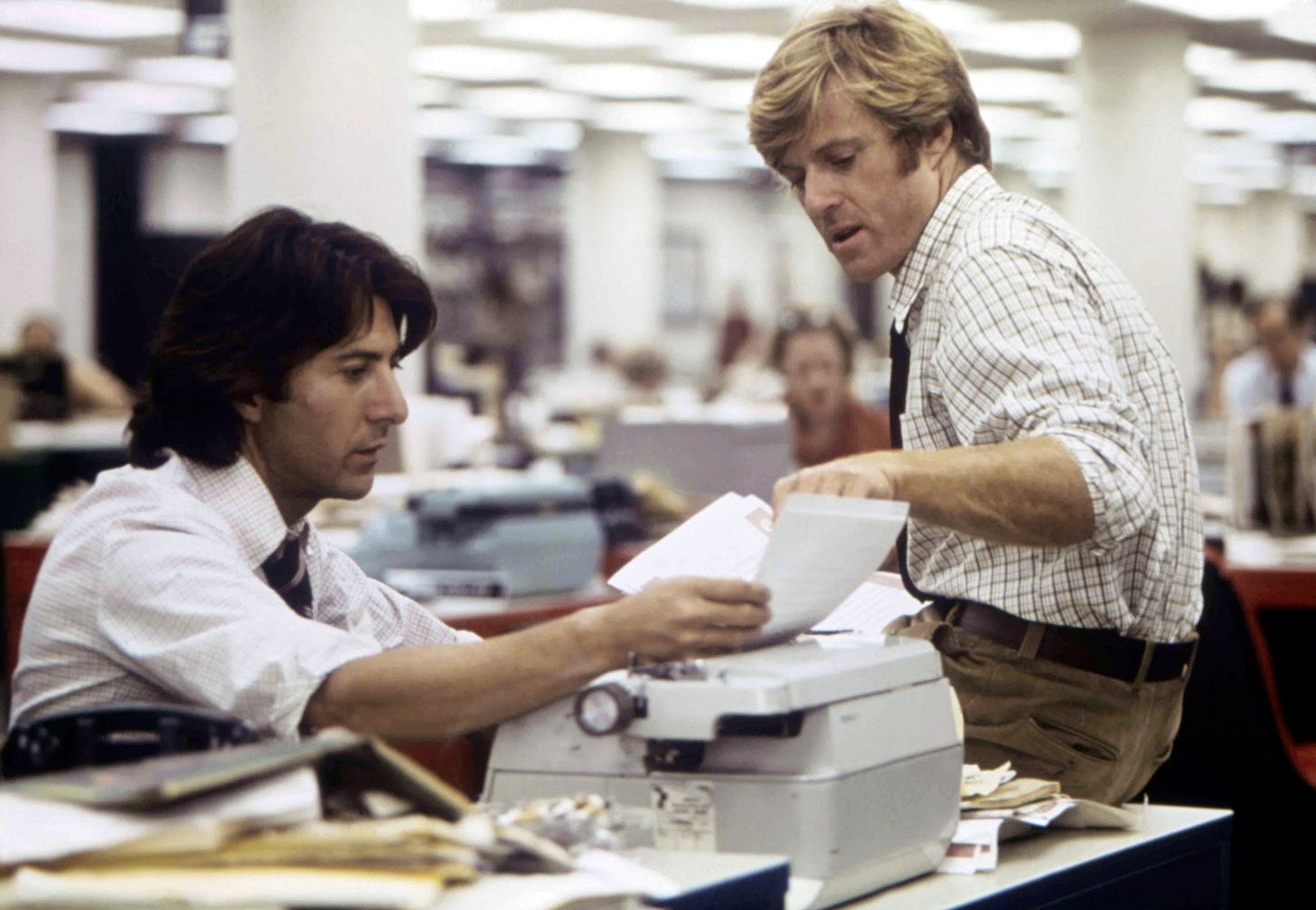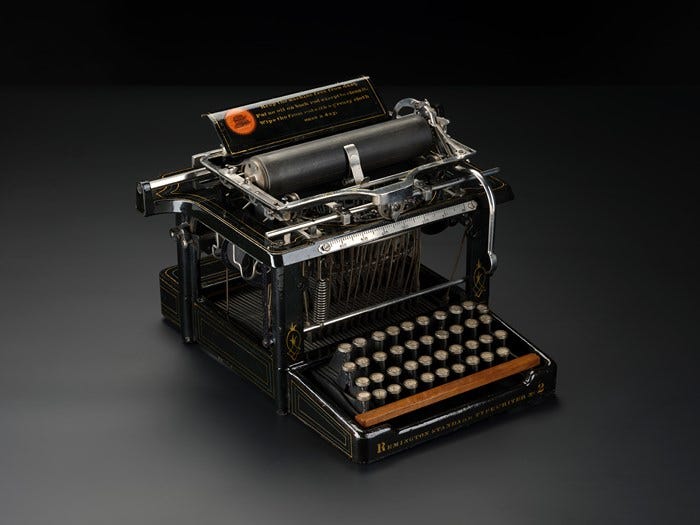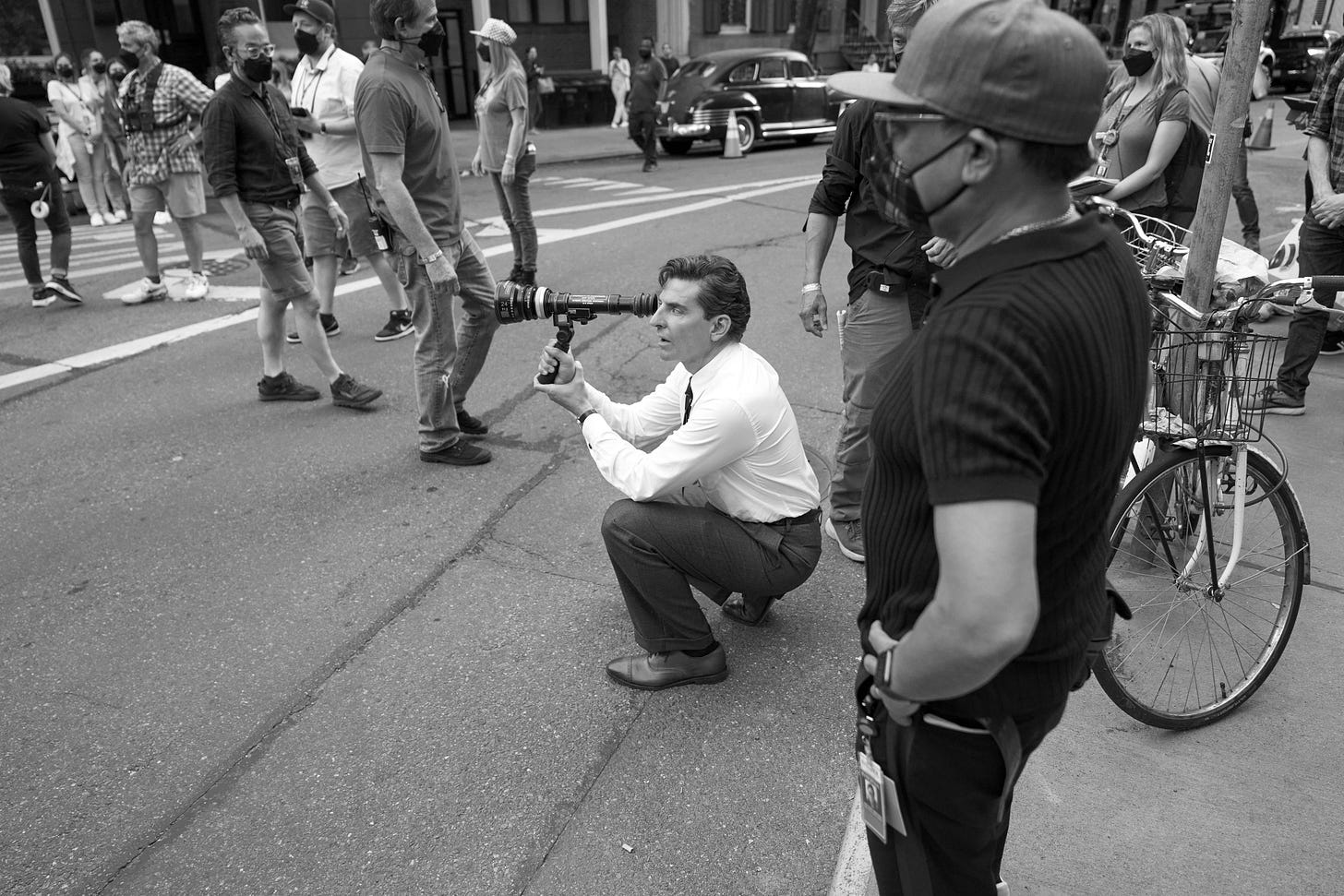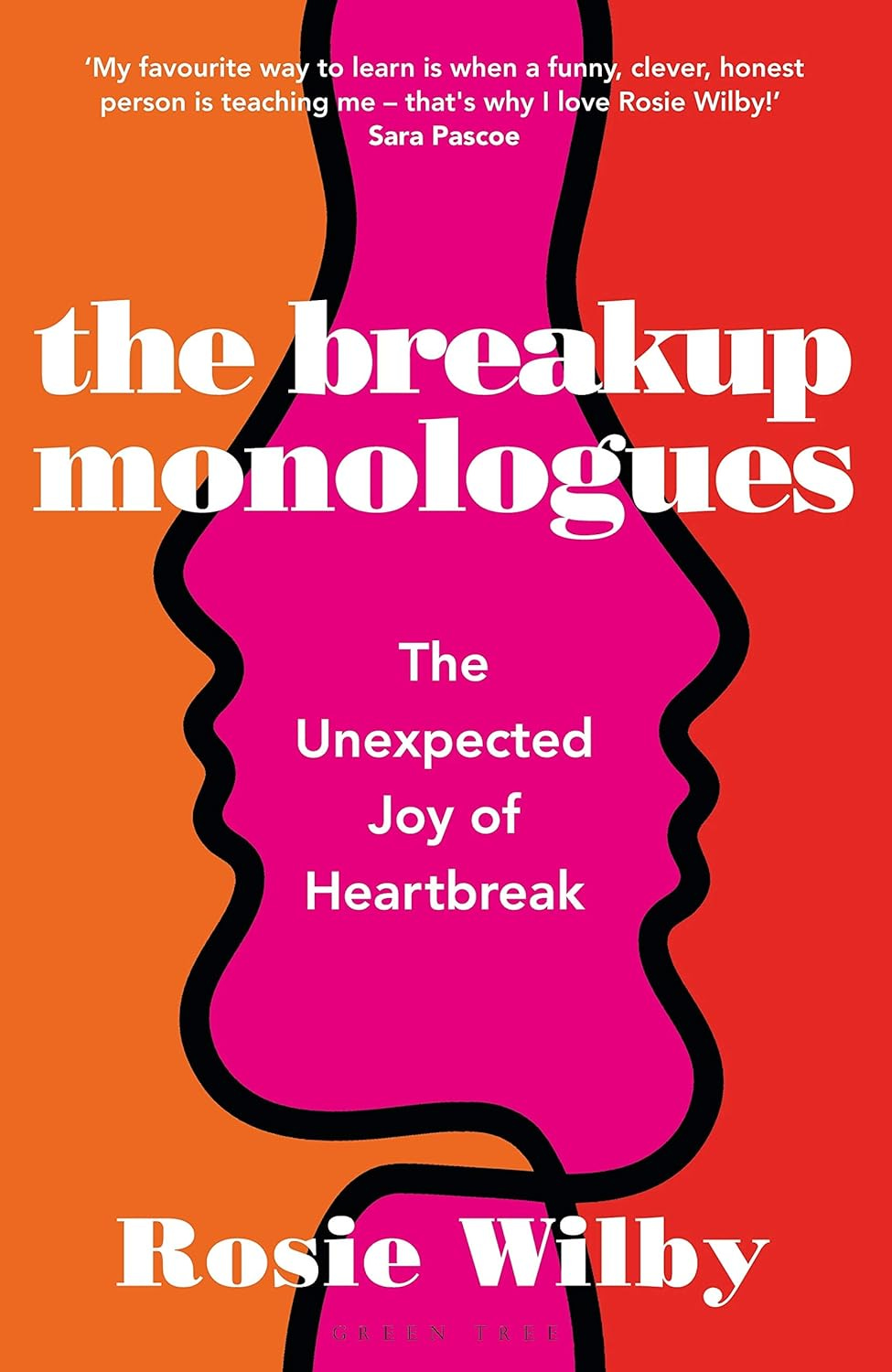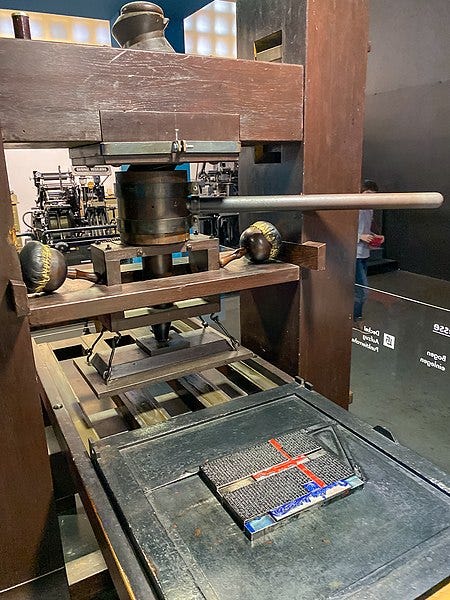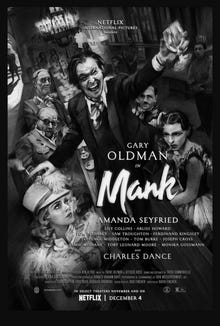For writers of every stripe, this week has been emotional in good and bad ways.
My writing career started on a local paper and reading about the many layoffs in publishing this week, across both the UK and the US, has been heart-breaking.
I would never have travelled so extensively, learned so much, met so many amazing people or had as many opportunities in my life without journalism.
It might feel like it for some but this is not the end. The world cannot function without journalism.
As I tell my media students, more than ever we need not just good journalists but great journalists. Just because technology is evolving, the manner of delivery has changed, and the global economy has pushed budgets to the limit, doesn’t mean we should put out to pasture the people who work hard to hold those in power accountable.
Journalism done right is magnificent, extraordinary and vitally important.
So whilst publishers across the world continue to cut their staff to the bone, I know in my heart that the industry will continue to flourish, and it’s probably going to be on platforms like Substack, or through independent titles like the Byline Times, who publish online and in print.
Right.
Now I’ve got that off my chest, let’s turn our attention to this week’s curated morsels of goodness…
In another, very different, corner of the writing universe, the Oscars were announced earlier this week.
With six nominations in the Best Original Screenplay category, a handful of writers will be feeling very proud of themselves, and rightly so.
Next week on The TEN I’ll be sharing their scripts with you. Reading is as important as writing and who doesn’t want to read the best of the best?
In the meantime, here’s a round-up of everything writing-related (no matter how tenuous!) that has caught my eye in the last couple of weeks…
HOLD THE FRONT PAGE
Fancy sharpening your journalism skills?
Hot on the heels of my opening rant, the Journalist Fellowship Programme, from the Reuters Institute, is open to applications until Monday, 19 February.
The Journalist Fellowship Programme is one of the world’s leading schemes for practising, mid-career journalists to take some time out from their day jobs to explore journalism in depth.
If you are a journalist with more than five years’ experience working in newsrooms, you qualify to apply for a Reuters Institute scholarship.
This looks like a fantastic opportunity and it’s fully funded too.
MAESTRO, PLEASE
Actor/director Bradley Cooper is nominated for a Best Original Screenplay Oscar for Maestro, the biopic about the composer Leonard Bernstein.
This excellent NetflixQueue piece pays homage to those incredibly skilled craftsmen that made the movie such a hit. Go behind the scenes here.
They also have a really great interview, from writer Brookie McIlvaine, with Best Original Screenplay nominee Samy Burch, who wrote May December, the comedy-drama starring Natalie Portman and Julianne Moore. Check it out here.
Samy talks about how she approached a script that has such a broad tonal mix.
“I’m really drawn to dark things and I just always feel there has to be humour, even if it’s because it’s so uncomfortable or because it’s just funny in a dark way,” she says.
A girl after my own heart.
A NOVEL IDEA OR TWO
If you’re looking for something new to read, Curtis Brown Creatives have very conveniently compiled a list of soon-to-be-released debuts from their alumni.
I like the look of The List of Suspicious Things, by Jennie Godfrey. And if you can’t wait for the paperback to come out next month, you can read it on Kindle.
I thought about doing one of their courses a few years ago. If anyone reading this has, let me know how you found it.
One of the books I’m currently reading is comedian/author Rosie Wilby’s The Breakup Monologues: The Unexpected Joy of Heartbreak, which is full of wise insights delivered with wit and laughs.
All being well Rosie will be doing my Ten for The TEN questionnaire and sharing her writing insight later this year. Buy the book here.
Mark Tungate, who featured in last week’s Ten for The TEN, recommended a couple of books during his interview: The Avignon Quintet by Lawrence Durrell and Veiller Sur Elle, by Jean-Baptiste Andrea, a French novel that won the Goncourt, the equivalent of the Booker.
A PRINTS AMONGST SHEAFS
That’s a terrible pun of a headline but I’m keeping it.
If you like old printing presses - and who in their right mind doesn’t? - then have I got a treat for you.
After scrolling through what seemed like mostly Spudman content this week (chapeau for raising so much money for kidney research with his free spud day), I stumbled across this incredibly niche TikTok account from the Sacramento History Museum.
In an instant, I was immersed in the bygone world of letterpress printing. I could literally smell the ink and paper through the screen.
I’m not even kidding when I say I gripped watched a 125-year-old printing press being cleaned by their sweet custodian Howard, who seems to have stepped straight out of a Lifetime movie.
If you like admiring ye olde printing methods, you must check it out. Here’s the link to the museum if TikTok isn’t your thing.
NO LAUGHING MATTER
Want to write comedy for the BBC?
Well get a wiggle on as their bursary scheme closes this Wednesday, 31 January. You’ll need to submit a bio and a writing sample by the looks of it.
Here’s the all important link and part of their blurb…
The BBC Comedy Collective is a supercharged bursary scheme offering 10 places to up-and-coming writers, producers, directors and editors who’d like to develop their careers in scripted comedy.
The scheme is open to anyone who has had at least one previous credit in writing, producing, directing or editing in any genre, across any platform - such as radio, theatre, podcasts, stand up or commercials. Our aim is to develop the best up-and-coming talent into the comedy space, so applicants will also need to demonstrate a clear commitment to comedy.
Each bursary winner will receive up to £10k worth of paid shadowing on a BBC Comedy production, along with an allocated production mentor, plus a £5k development grant to put towards new material or to further support the individuals development. They will also have a dedicated point of contact within the BBC Comedy Commissioning team to help guide them through their year, as well as access to the Comedy Collective representatives.
Good luck!
AN UPSTANDING CITIZEN
Searching for a long read?
Get stuck into this most entertaining article about the push-pull between screenwriter Herman Mankiewicz, film critic Pauline Kael and filmmaker Orson Welles, during the making of Citizen Kane.
In a nutshell, Pauline found evidence that Welles didn’t deserve his screenwriting credit, although her argument has been discredited. It gets gnarly.
The article was published in The New Yorker. If you’re not a subscriber they give you one free article before they pull the shutters down.
Written by Richard Brody, the story was published in the year that David Fincher directed Mank, about the writer.
The movie was shot in black and white giving it that beautiful, velvety film noir feel. Gary Oldman, who plays Mankiewicz, was nominated for a Best Actor Oscar for the role.
YOU TOLKIN TO ME?
My friend Brent Roske, who wrote and directed the film Diana in Love, which is now available to view on the Flamingo network on Roku, has been busy this awards season.
He’s got Michael Tolkin, who was nominated for a Best Screenplay Oscar, for the classic 1992 Robert Altman-directed movie, The Player, and his daughter Emma talking all things film.
The final words this week go to F. Scott Fitzgerald.
Fun fact. His favoured drink was a Gin Rickey because he believed that you couldn’t smell gin on his breath. Great Gatsby fans will already know that Tom Buchanan was also a fan.
“You don’t write because you want to say something, you write because you have something to say.”
— F. Scott Fitzgerald
Enjoy your weekend!
Lisa
Want to read Issue 1? Click here





